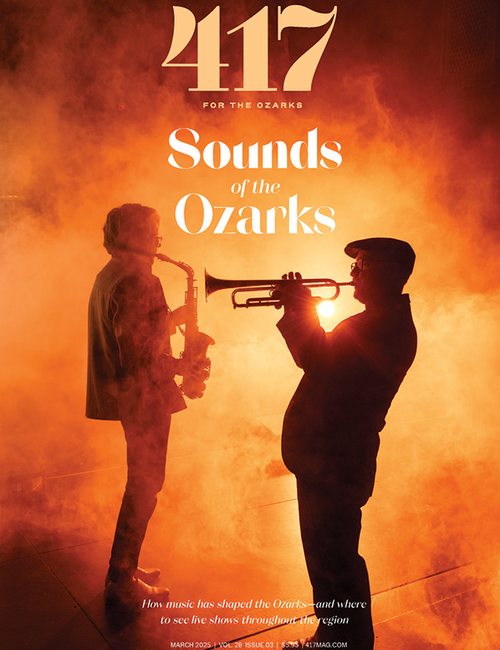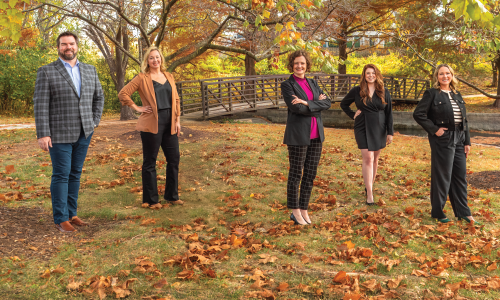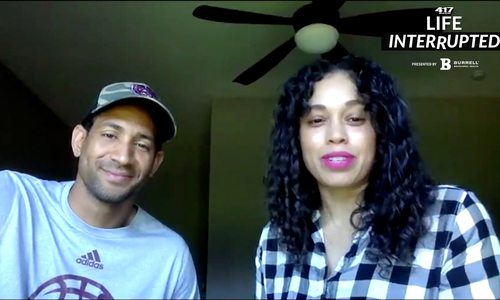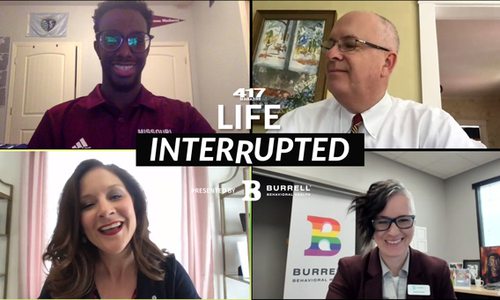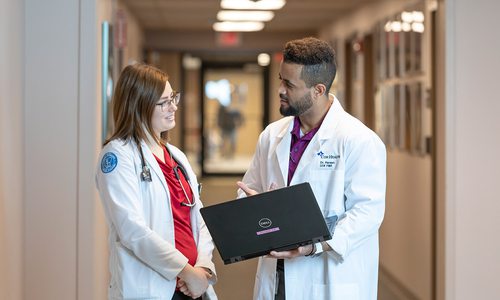Top 5 Takeaways: Moments Interrupted Virtual Session
The second session of 417 Magazine and Burrell Behavioral Health’s Life Interrupted series, Moments Interrupted, featured the experiences of Steve Cox and the Elmquist family—discussing grief, and what individuals can do to cope.
By Burrell Behavioral Health
May 2020
The second session of 417 Magazine and Burrell Behavioral Health’s Life Interrupted series, Moments Interrupted, featured the experiences of Steve Cox and the Elmquist family. Centered around loss and grief as a result of COVID-19, the session focused on Steve Cox, who lost his mother to the pandemic—and Cross Elmquist, who experienced the loss of his senior year of high school. Burrell Behavioral Health’s Dr. Shelly Farnan provided perspective and support for the raw, emotional conversation.
Top Takeaways
1. The worst loss in our own loss
Nearly everyone has experienced some degree of loss as a result of the COVID-19 pandemic. From loss of employment to experiences or loved ones, each finding comes with a unique, personal grief. Naturally, we tend to compare our grief experiences to others, often imagining that others have it much worse than we do. Dr. Farnan explains that this is not healthy, as “we all need to name it [grief] and feel it, in order to heal.” Farnan says “It is normal that the loss that impacts us individually is the worst, and hardest to deal with.”
2. Grief is even more difficult when in uncharted territory
As hard as grief can be in normal circumstances, it’s certainly made more challenging with unprecedented conditions in the mix. The COVID-19 crisis has taken away our ability to participate in traditions we use to cope, such as life celebrations for loved ones who pass. “The loss of tradition and connection are forcing people to learn to grieve differently and on the fly to make meaning,” Dr. Farnan says.
3. Feeling your grief (and allowing others to witness) takes strength
As Cross Elmquist got emotional about lost senior year experiences and talked about a parking lot rendezvous planned for his last day of classes with his Kickapoo classmates, Dr. Farnan was struck by his willingness to express sorrow. Farnan commended the 18-year-old for showing adults how to grieve in healthy ways. “We’ve been told to pull ourselves up by our bootstraps … but it hurts, and there is no amount of fixing we can do.”
4. Do the best you can
Cox and his family planned a simple graveside service for his mother, Corinne, exemplifying the importance of continuing on and finding new ways to cope. In addition, Kirk Elmquist urged adults and youth alike to keep doing their best, and to celebrate victories whenever possible—even in a changed world. “Buy the graduation gown and share the senior pictures,” Kirk says in reference to his son’s situation.
5. Help others when possible
Dr. Farnan told a parable of grief, commonly shared by expert David Kessler, to explain the importance of helping others and the community during the COVID-19 crisis.
In the story, there’s a grand dining hall and a long table, covered in the most delicious foods. Everyone around the table, who were only given very long spoons to eat with, could not eat a bite because they were unable to use the spoons. Next door, in a similar dining hall with the same array of dishes, were people merrily rejoicing and eating, as they fed each other with their long spoons.
To Dr. Farnan’s point, people can lift each other up if they’re willing to band together.
Resources
Lost & Found Grief Center
Local therapeutic grief support for grieving families and individuals.
David Kessler Grief Information
Grief resources and information—including workshops, downloadables and more.
Children's Grief Resources
"The Little Gnome Who Had to Stay Home" and "The Great Pause" are designed to help children work through grief and the COVID-19 pandemic.

